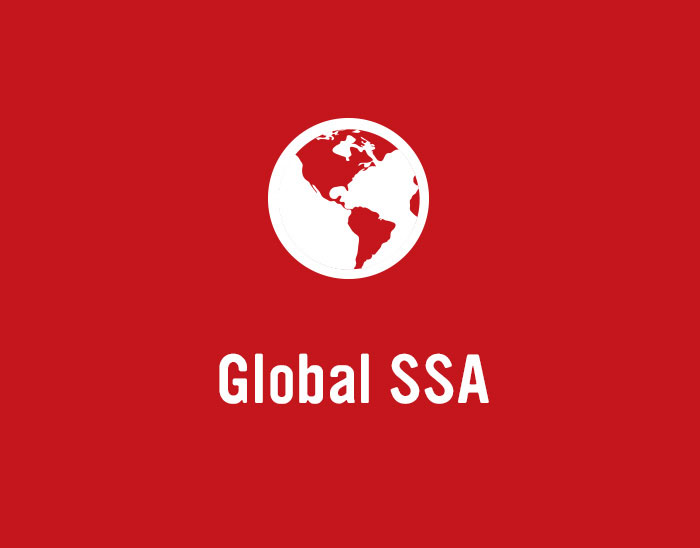Latest News
On 3 December, Latitude Financial Services (Latitude) launched its minimum NZ$200 million (US$138.2 million) asset-backed securities (ABS) deal, Latitude New Zealand Credit Card Master Trust (CCMT) Series 2018-1. Bank of America Merrill Lynch is arranger for the deal, and joint lead manager alongside Deutsche Bank and Westpac New Zealand.
Latitude Financial Services (Latitude) is preparing a potential debut New Zealand dollar asset-backed securities (ABS) transaction, Latitude New Zealand Credit Card Master Trust (CCMT) Series 2018-1. Expected ratings were assigned by Fitch Ratings on 29 November and KangaNews understands the transaction was mandated on 30 November, with a launch expected in the coming days.
On 3 December, Bank of Queensland (BOQ) (BBB+/A3/A-) launched a 2.25-year domestic floating-rate note (FRN) transaction, with indicative price guidance of 98 basis points area over three-month bank bills. Pricing is expected on the day of launch, according to lead manager National Australia Bank.
On 3 December, Qudos Mutual (BBB- by S&P) mandated Westpac Insitutional Bank to organise a debt investor update call on 4 December, regarding a potential one-year domestic floating-rate note (FRN) transaction.
The final week of November saw multiple securitisation deals, headlined by Pepper Group's A$1.25 billion (US$915 million) equivalent residential-mortgage backed securities transaction which includes euro and US dollar denominated notes as well as green tranches. Meanwhile, ANZ Banking Group priced a A$3.25 billion dual-tranche domestic deal and ING Groep raised A$575 million in a dual-tranche EMTN deal.
Chorus’s return to domestic issuance represents a significant development for the New Zealand corporate credit market, deal sources say. The 10-year transaction features a rate reset after five years, which helped stimulate retail demand. Market users expect the feature to be used again given the success of Chorus’s transaction.
The territorial scope of the amendments by the Securities and Exchange Commission (SEC) to rule 17g-5 of the US Securities Act (rule 17g-5) are broad and cover various product types. Leading US law firm, Mayer Brown, shares vital insights into how the amendments and the proposed permanent exemption could affect Australian securitisers.







